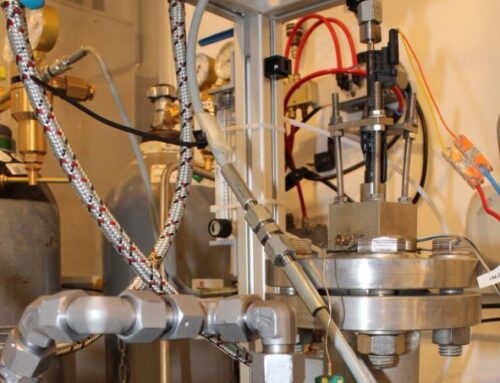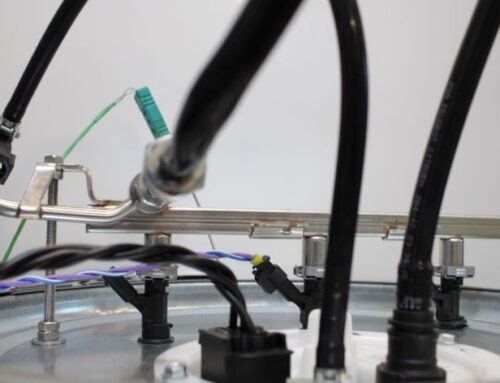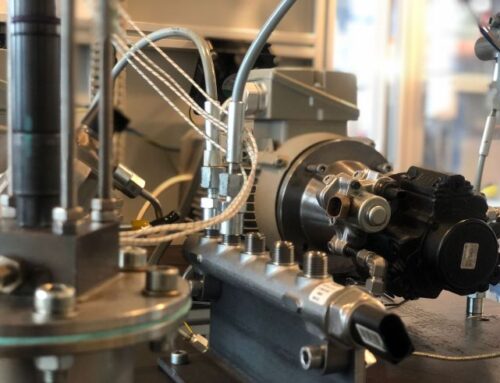22. May 2018 – Dipl.-Ing. Hajo Hoffmann successfully defended his dissertation at RWTH Aachen University in February 2018. His work contributes to the investigation of internal deposits on diesel injectors (“A Contribution to the Investigation of Internal Diesel Injector Deposits”). It was written at the OWI Oel-Waerme-Institut as part of a research project (“ENIAK”) to investigate the causes of injector malfunctions in diesel engines. In subsequent projects (“ENIAK2” and “SaveBio”), the interrelationships at OWI are further investigated. Hajo Hoffmann currently works at TEC4FUELS GmbH, the parent company of OWI, as head of the “Qualitywatch” business unit, which deals with the testing of fuels for emergency power systems.
Internal Diesel Injector Deposits (IDID) is a recognized and important issue affecting engine life, customer satisfaction and air pollution control legislation. The knowledge about IDID is still limited, although it is being researched on a broad basis. Correspondingly, rising temperatures and smaller gap dimensions in injectors are regarded as two important factors for the occurrence of motor problems by IDID. Due to current trends in engine development with constantly increasing injection pressures, these two factors could develop into a critical area. The development of test procedures for the investigation of IDID is not progressing as fast as the progress in injector technology. One solution could be the use of test benches with complete common rail injection systems without engine combustion. Since the insides of the injector do not come into direct contact with the combustion, this is seen as an appropriate method for the investigation of IDID.
The dissertation paper contains a discussion of the aspects that represent the occurrence of IDID and its effects on the injector functions. Both the measurements taken with the ENIAK test stand and publicly available data were used to analyse IDID. The central result is the identification of the important technical, chemical and physical aspects for the occurrence of injector malfunctions caused by IDID. The consideration of the technical aspects includes the temperature distribution within the injector as a factor for the formation of IDID. Another point is the resistance of the injector as a complete system against malfunctions due to IDID. In addition, the study shows that chemical aspects are also of great importance.
The book Hajo Hoffmann – A Contribution to the Investigation of Internal Diesel Injector Deposits (ISBN: 978-3-8440-5953-3) was published by Shaker Verlag and can be ordered there as a print and e-book edition.





